Various factors, from waiting lists to political and social ignorance, mean that now is a really bad time to have a neuro-developmental disability, says Kashvi Camal, 16, from Beauchamp City Sixth Form.
The ever-increasing number on waiting lists. Politicians misunderstanding medical conditions and those affected. The boom in clinical terms thanks to social media.
This is life for disabled people, on top of the struggles they already face.
Disability is not an uncommon thing – in fact, around 16 million people are disabled in the UK1. However, ignorance is the main reason why many disabled people are left confused, overwhelmed and terrified.
Let us use autism as an example: Autism Spectrum Disorder (also known as autism) is a congenital neuro-developmental disability which affects about 700,000 people in the UK2. It is characterised by difficulties in social interaction, repetitive and restricted behaviours, and sensory challenges.
The waiting lists for autism diagnosis are long and growing. Due to the lack of awareness of autism in females in the past and the rise in popularity of short-video platforms like TikTok, more women are pursuing an autism diagnosis than ever.
Desperate parents are trying to find a name that intertwines all their child’s struggles. Now, it is harder to get that one letter which may be the dealbreaker for claiming support – for example, autism would qualify for extra time in exams, but you must have proof3.
International politics is only making things worse. US secretary of health Robert F Kennedy Jr spoke controversially about autism in a meeting in April, claiming “autism destroys families” and “many of them will be unable to use a toilet unassisted”4. More recently, he has spread the myth that paracetamol, the safest painkiller for use in pregnancy, should not be taken by pregnant women as it may cause autism in their unborn children, something which has been widely disproven. This has been backed by President Donald Trump5. How are we supposed to believe that our world is changing our perspectives on disability when a health secretary can say this?
While the rise of social media is helpful in terms of bringing awareness to the public, it also has its downsides. An increasing number of people are believing the “everyone’s a little autistic” argument, which is inaccurate and ridiculous.
It is not just autism either – if you are a little forgetful you are “so ADHD”; if you like perfection you “have OCD”, and if you have occasional mood swings you are “bipolar”. When diagnostic terms are being interweaved with everyday conversation, can we really say that our outlooks on disability are improving, or are they becoming too mainstream?
Disability will always be a grey area in society. How are we supposed to bring change when we cannot empathise with a disabled person’s struggles?
Having an open mindset will help. We may not be able to decrease waiting lists, battle politicians or create large-scale social influence on our own, but with a little patience and understanding, we can make a better society where being disabled is not a burden but a part of your identity.
Trump makes unproven claims linking autism to Tylenol use by pregnant women – BBC News
Disability facts and figures | Disability charity Scope UK
JCQ-AARA-2025_FINAL.pdf, page 44
RFK Jr.’s Shocking Stance on Autism | Psychology Today United Kingdom
Interested in submitting your own Student Voices article or video? Find out more here.


